Michael Chapman & Ehud Banai - EB=MC2 (2017)
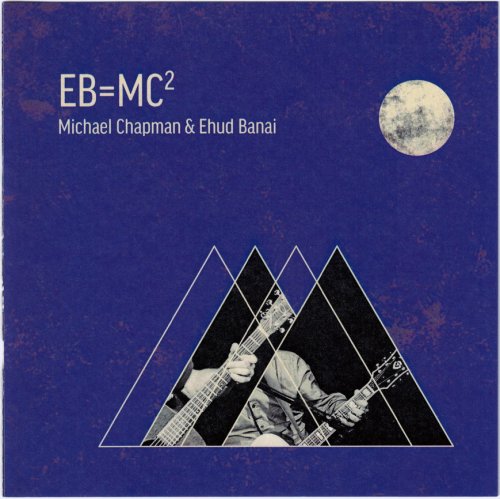
Artist: Michael Chapman & Ehud Banai
Title: EB=MC2
Year Of Release: 2017
Label: Nana Disc
Genre: Folk-Rock, Contemporary Folk
Quality: FLAC (tracks+.cue,log,scans) / 320 kbps
Total Time: 00:49:33
Total Size: 317/161 MB
WebSite: Album Preview
Tracklist:Title: EB=MC2
Year Of Release: 2017
Label: Nana Disc
Genre: Folk-Rock, Contemporary Folk
Quality: FLAC (tracks+.cue,log,scans) / 320 kbps
Total Time: 00:49:33
Total Size: 317/161 MB
WebSite: Album Preview
01. Soulful Lady (Michael Chapman) 06:28
02. Angel (Ehud Banai / Michael Chapman) 03:48
03. Plain Old Bob (Michael Chapman) 04:00
04. Sometimes You Just Drive (Michael Chapman) 06:14
05. Guitartar (Michael Chapman / Ehud Banai) 03:59
06. The Mallard (Michael Chapman) 05:29
07. Rosh Pina (Michael Chapman / Ehud Banai) 05:03
08. This Thing Has No Name (Michael Chapman / Ehud Banai) 05:07
09. Ehud (Michael Chapman) 04:56
10. Birdman (Ehud Banai / Michael Chapman / Ehud Banai) 04:29
This music, the album EB=MC2 and Chapman and Banai’s concerts together before that can ultimately be traced back to two valleys. One near Hawnby, North Yorkshire, lush green and full of trees, the other, more austere, in northern Galilee. Michael Chapman, paying his way through Art College in the early ’60s worked as a woodsman on the North Yorkshire Mexborough estate in the summer breaks and found inspiration for classics like “In the Valley” and “Among the Trees,” leaning against the trees with his guitar. Slightly later, Ehud Banai spent an extended reflective period in the ’70s, alone near Rosh Pina in Galilee, with his guitar, a ghetto blaster and one cassette. On that inspirational cassette was Michel Chapman’s 1969 Fully Qualified Survivor album. Travel forward over 30 years to 2012, and Ehud, now a successful musician with a string of his own albums, is playing The 12 Bar Club on Denmark Street in London. With one of those mystical coincidences that lift the hairs on the back of your neck and give life sparkle, he is on the same street and less than 20 doors from Regent Sound A, where the majority of Survivor was recorded. The club owner came up to Ehud and said that he didn’t understand one word of his songs, but that he could hear the influence of Michael Chapman in his guitar playing, he gave Ehud Michael’s address and Ehud wrote to Michael suggesting some tour dates in Israel. Chapman lives to travel and globe hop: “If I ever got the money I’d wander all the time, a fully qualified survivor, like some fool or some sublime,” he sings on “Soulful Lady,” the opening track on this album and first recorded in 1969 on Chapman’s seminal Fully Qualified Survivor album. Concerts organised, the two finally met, on an Israeli radio program just before the first show in Tel Aviv. At the behest of the broadcaster, Michael and Ehud improvised a piece for two guitars, and magic happened. On their first tour they performed a set each and a joint guitar piece. On the second tour they played a set each, a set together and finished up in the studios recording together, producing this album. First track is a new version of the aforementioned “Soulful Lady.” Michael’s nimble acoustic is beautifully complemented by Ehud’s washes of ethereal electric guitar, harmonica and tasteful lead. Chapman sings the verses, and they duet on the chorus. The 1969 “Barnstormer” is reimagined as a shimmering desert blues. With both men at an age when the cliched pipe and slippers are what is expected and looking like they have lived in and walked through the desert, then the image of the fully qualified survivor is even truer now than it was then. “Angel” is a shared composition, again opening with beautiful reflective guitar from Chapman, before one of those ‘one musician, two heads four hands’ moments that make this album so special, when both musicians play acoustic. The lyrics are full of well-worn blues sentiments about love, age and time, given a spiritual dimension by the title and Ehud’s spine-tingling Hebrew lines. “Plain Old Bob” (has a hoe down) is an instrumental, written for an itinerate dog in Eleuthera, originally recorded on Chapman’s 2015 Tompkins Square album Fish. Again and again on this album the interplay between the two guitarists is just exquisite. Michael in the left channel and Ehud in the right, this is a masterclass in atmospheric acoustic playing. “Sometimes You Just Drive” is an apocalyptic flight of fancy, inspired by seeing the aftermath of repeated flooding in Carlisle, Cumbria. Michael picks acoustic, while Ehud layers on some Floydian atmospheric electric and slide guitar. The moment after Chapman’s line “I send a prayer up to the lord,” straight out of a Blues Spiritual where Banai’s singing in Hebrew offers a prayer, is just mesmeric. The track just builds and builds in atmosphere and intensity. With three songs on 50 Chapman’s album from the start of the year, and three instrumentals from his previous release and “The Mallard” being recorded three times since 2016, then it is tempting to see EB=MC2 as a re-tread or an indulgence and that would be a massive mistake. In a Zen-like way, or a Jazz way, recording for Michael Chapman is about the moment, he picks musicians not to tell them what to do, but to see what they can do. If you can, then set up “Sometimes You Just Drive” from 50, released in January and the same song from this album and just marvel at how the interactions of the performers in the moment reshapes the material. “Guitartar” is a glorious instrumental, harnessing the spirit of Chapman’s Rainmaker and the Incredible String Band, a duet between guitar and an Iranian long necked instrument called the Tar. The interplay between the two is wonderful, and like “This Thing Has No Name” you sense it could have been an album on its own. “The Mallard,” a song about loss, regret and the fastest steam train in the world features a wonderfully world-weary cracked blues vocal from Chapman and a sublime slippery eastern guitar lead part from Banai. Two guitars, bass, Michael and Ehud’s vocals and Maya Belzitsmann’s ethereal cello makes another beautifully balanced piece. “Rosh Pina” was written by Chapman, inspired by his visit to the valley of Ehud’s epiphany and recorded first on his 50 album. Here, to give the whole album context, Ehud, while nodding to some of Michael’s own lyrics, writes the story of his valley and their first meeting through music. Proof that music crosses all boundaries and reaches out to everyone it touches “like a cure to the broken heart.” Like “Sometimes You Just Drive,” this track is especially moving. “This Thing Has No Name,” despite a throwaway title, is another perfectly played instrumental all about the interplay between the two musicians and their masterful guitar work. After their initial meeting, Ehud wrote an instrumental piece called “Michael Chapman Haya Kan”, Michael Chapman was here, on his 2015 album Esh Ktana/Ze Hapaskol, and Michael wrote a piece called “Ehud” for Fish. On EB=MC2 that solo guitar instrumental is performed as a duet for multiple guitars and Ehud’s expansive shimmering electric playing takes the piece to a whole another level. Another reason, if one was needed, to start dipping into Ehud Banai’s back catalogue. Final track, “Birdman,” is a joint composition, built round a killer guitar riff and shuffling beat and atmospheric vocals, a fine closer. If you are fan of interesting, shifting guitar, sparkling duets, music that captures a moment of connection, then buy this album. At a career point when you would expect musicians to be reflecting, looking back and mentally compiling the greatest hits package, then Michael Chapman and Ehud Banai are looking forwards with an intensity that is inspirational. Fifty years after the generation that wrote the book on the folk troubadour and their transcendental guitar playing, these two, fully qualified survivors both, have revealed the start of another chapter. “And what is waiting up the road, young again or just too old”. You decide.
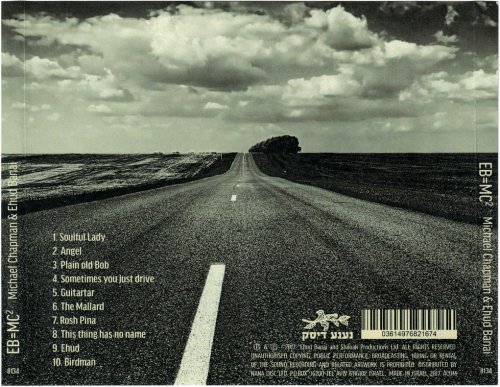
Download Link Isra.Cloud
Michael Chapman & Ehud Banai - EB=MC2 (2017)
Michael Chapman & Ehud Banai - EB=MC2 (2017) mp3
My blog
Michael Chapman & Ehud Banai - EB=MC2 (2017)
Michael Chapman & Ehud Banai - EB=MC2 (2017) mp3
My blog
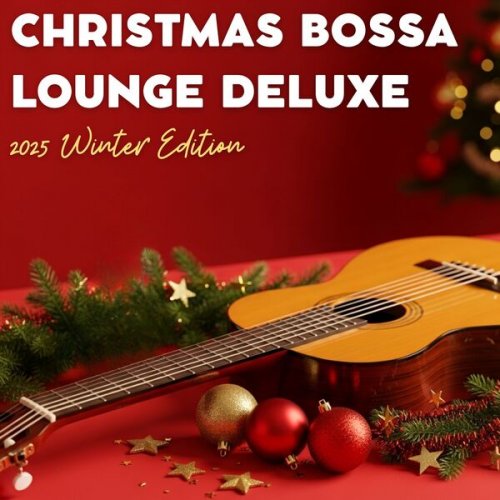

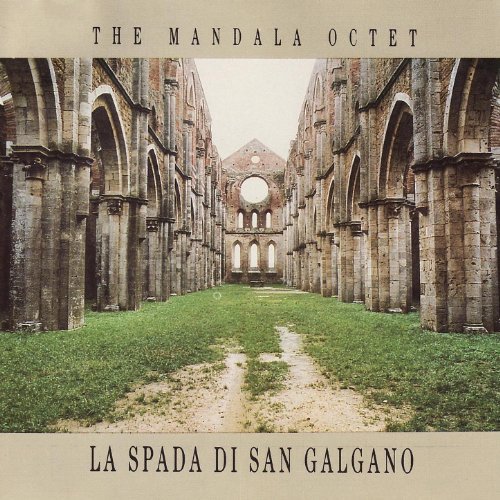
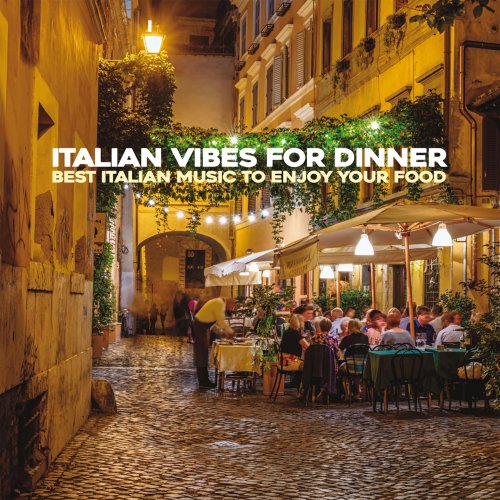
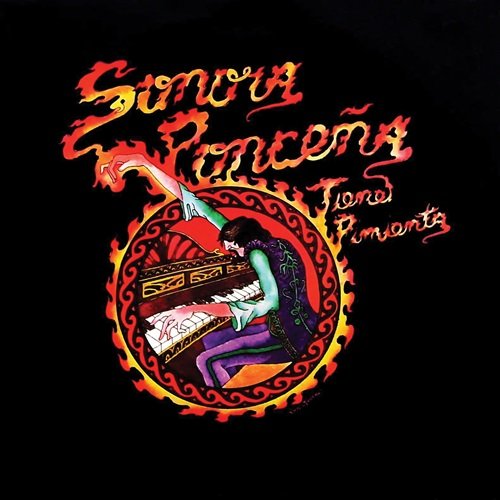
![Stephen McCraven - Wooley the Newt (2025) [Hi-Res] Stephen McCraven - Wooley the Newt (2025) [Hi-Res]](https://www.dibpic.com/uploads/posts/2025-12/1765906334_cover.jpg)
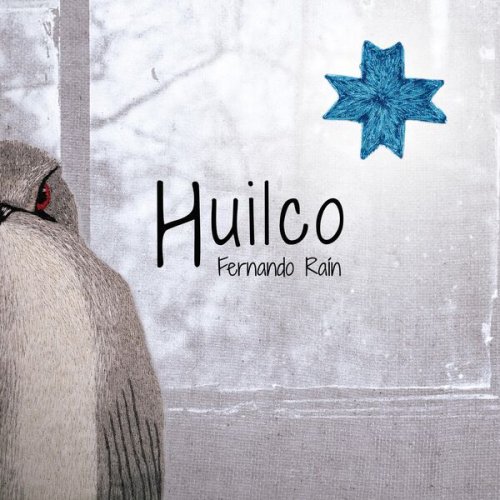
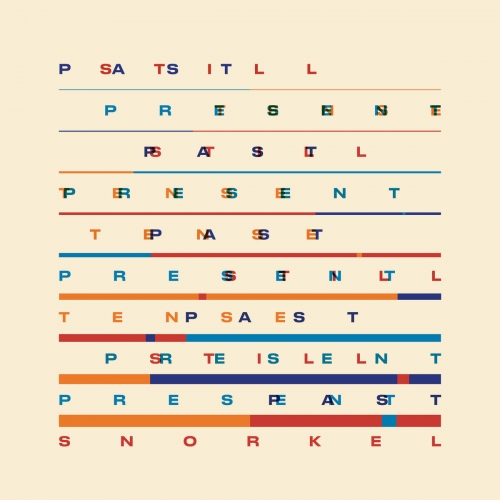
![Coco Chatru Quartet - Lost Christmas (2025) [Hi-Res] Coco Chatru Quartet - Lost Christmas (2025) [Hi-Res]](https://www.dibpic.com/uploads/posts/2025-12/1765719561_coco-chatru-quartet-lost-christmas-2025.jpg)